New word-building sequences
3 Replies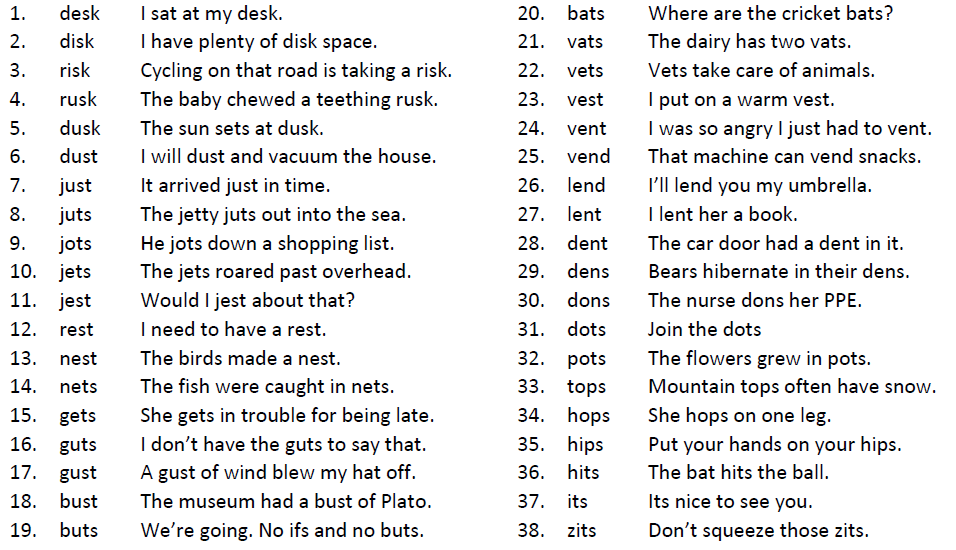
I’ve just revised my word-building sequences for the Moveable Alphabet to match the Spelfabet Version 3 workbooks.
The first set is available free from here. It follows the same teaching sequence as the Sounds Write program and books and Phonic Books Units 1-10, since we now use them here a lot. I’m hoping these sequences will be easy for parents and aides to use.
You can also build these sequences with the Embedded Picture Mnemonics flashcards if working with very young children, click here for a video showing you how.
The second set of sequences is $2 from here and the third is $3 from here. You’ll need a set of suffixes to build the third set, which are included when you download them. The suffixes are now also part of the basic Moveable Alphabet (I haven’t revised the advanced version yet, so just add the free download to it if you like).
Here’s a screenshot from the second set:
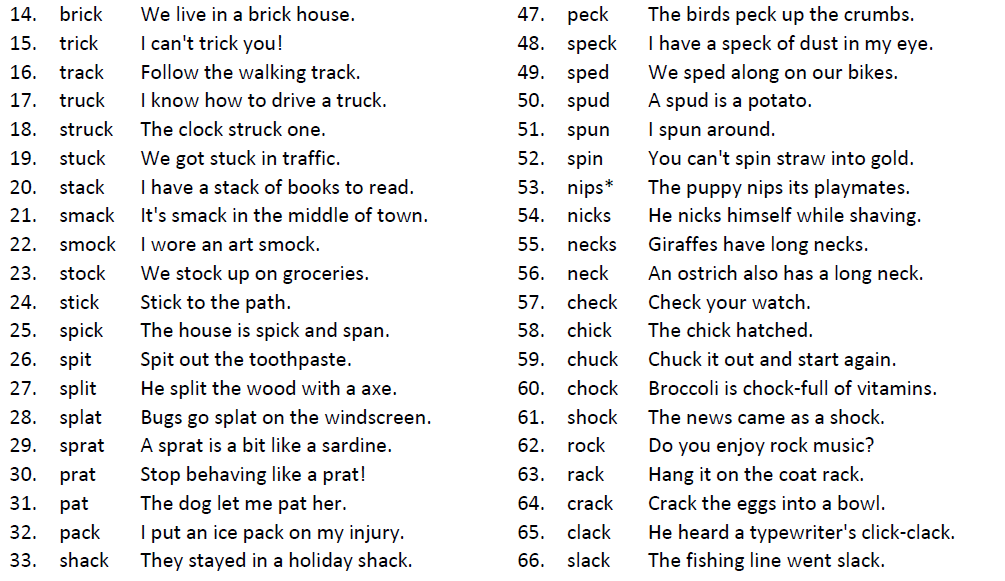
Here’s a screenshot from the third set:
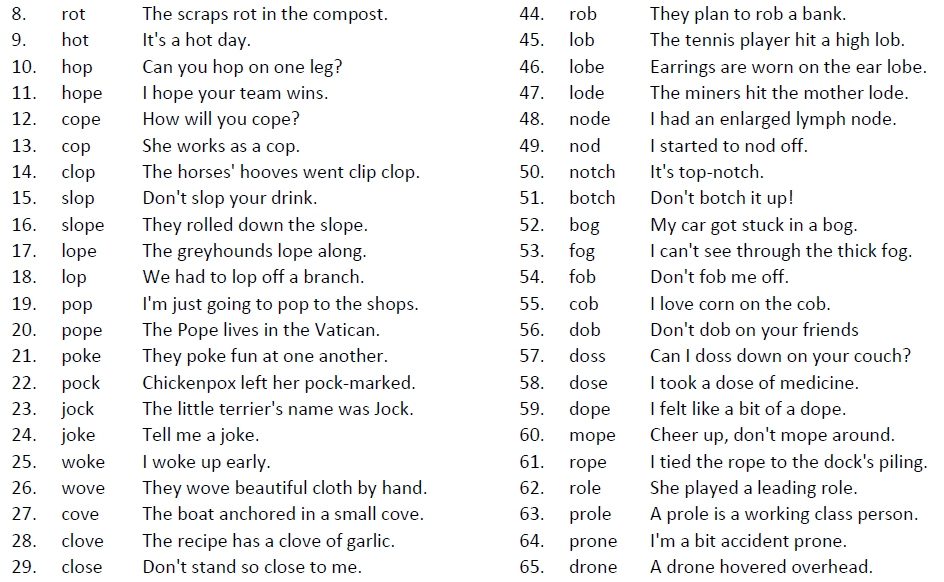
I’m working on Level 4 sequences now, and updating the example teaching sequence (red button) under the website Spelling Lists menu to reflect the new workbooks and sequences. Sorry this is a process not an event – I’ve had a bit of overwork, lockdown and family drama burnout, plus it’s midwinter here in Melbourne, brrr.
On the cheerful side, Reading Science action now seems to be going on everywhere I look. Here’s just some of the gobsmacking free and cheap online learning on the amazing internets:
The AUSPELD Talking Literacy series
The LDA weekly Wednesday webinars
The Reading League YouTube channel, podcast and online academy
Think Forward Educators online events
La Trobe University SOLAR Lab short courses
Sounds-Write Phonics 1-to-1 symposium
Lyn Stone’s YouTube channel and website
Jocelyn Seamer’s YouTube channel and website
Aren’t they all great?! As Margaret Mead said, “Never doubt that a small group of thoughtful, committed citizens can change the world: indeed, it’s the only thing that ever has.”
Free Learning Difficulties Including Dyslexia webinars
8 Replies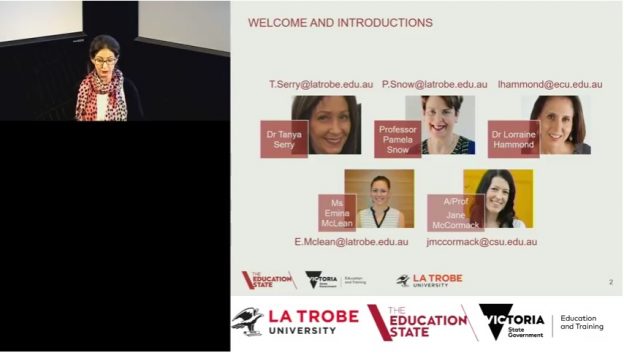
La Trobe University and the Victorian Department of Education have this year collaborated to run workshops across Victoria about learning difficulties including dyslexia. The workshops have been available to teachers and other Department of Education staff.
The information from these workshops is now being made available free online via YouTube as webinars. Wow. Amazingly generous of both the University and the Department, since most professional development of this type and quality is paywalled. So thanks to all involved.
The webinars are presented by Dr Tanya Serry from La Trobe University, and the workshops on which they are based were developed with Professor Pamela Snow, Ms Emina McLean and Assistant Professor Jane McCormack also from La Trobe, and Dr Lorraine Hammond from Edith Cowan University in WA. (more…)
Filling the gaps in teacher knowledge and skills
8 Replies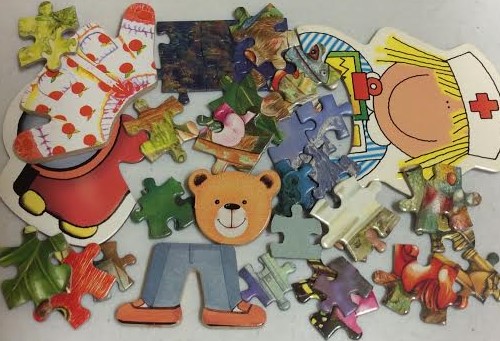
I’m the final speaker at the Maryanne Wolf seminar tomorrow in Melbourne, and am just finishing off obsessively polishing my talk.
I don’t have any handouts for the session – I’m wrapping up quite a long day and don’t want to make anyone’s head explode with lots of new information. However, I do have quite a few links I’d like to share, so I thought I’d make them available via this blog post.
Here’s a summary of what I am planning to say, and the links.
The Beautiful Picture
The title of this talk makes it sound like teacher knowledge and skills are like a neat jigsaw puzzle with just a few pieces missing. All we have to do is find the missing bits, put them in to create a Beautiful Picture in which everyone learns to read and spell to the best of their ability, and the average age of diagnosis of dyslexia is five or six, not nine.
Our long tail of literacy underachievement puts us a long way from this Beautiful Picture now. PISA 2012 told us that 14% of Australian 15-year-olds (9% of girls, 18% of boys) were low performers in reading literacy. Improving teacher knowledge and skills is critical to changing that.
The Beautiful Picture we need to create has:
- Knowledgeable, skilled and confident teachers.
- Best-evidence-based teaching in all three of classrooms, small groups and 1:1 intervention.
- Well-equipped schools.
- At least 95% of kids reading/spelling at or above 30th percentile.
Upcoming training in synthetic phonics
36 Replies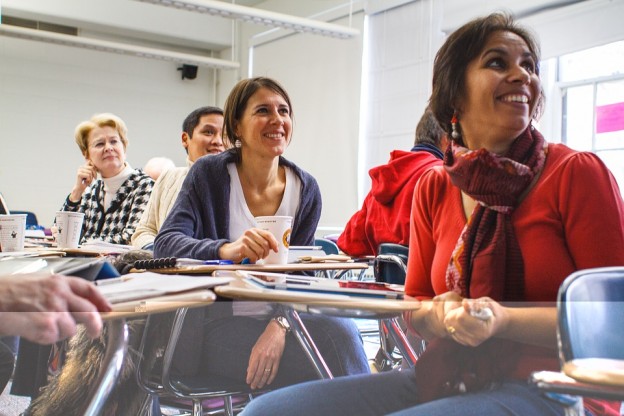
Please note this is a 2016 blog post and some of it is now out of date.
I’m on the Professional Development committee for Learning Difficulties Australia, so have been madly researching quality training in synthetic phonics currently on offer in Australia.
My theory is that the more we can publicise other people’s good training, the less we’ll need to run ourselves as volunteers, in our copious (not) spare time.
I’ve discovered there’s quite a bit of training about sounds and their spellings available, if you know where to look. Some is very focussed on phonemic awareness and phonics, the biggest gaps in teacher training. Some also covers vocabulary, comprehension and fluency, the three other Five Big ideas in beginning reading instruction. (more…)
Free synthetic phonics teacher training on YouTube
2 Replies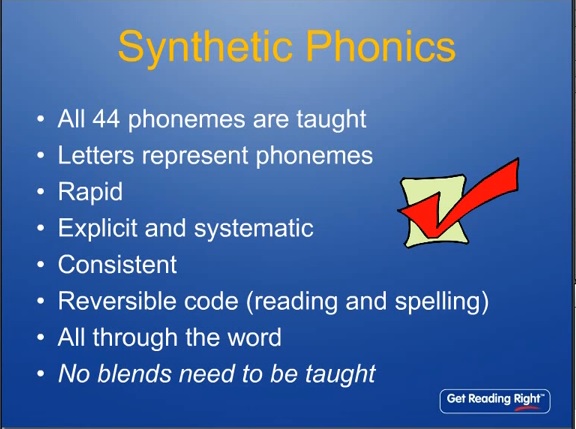
Teachers doing “Balanced Literacy” programs often think they are doing a lot of phonics, and we should all get off their case. One academic commented recently that this is probably because nobody has ever given them an opportunity to see or use a proper synthetic phonics program.
Getting an opportunity to show busy early years teachers a program like this is tricky, and the information is much better coming from a fellow teacher than a speech pathologist like me. The Get Reading Right free webinars for teachers have thus been great, but they’ve run at a specific time, and you’ve had to sign in, which has probably limited their audience.
However, I’ve just realised that GRR (top marks for acronyms!) has put a recent webinar containing an overview of synthetic phonics, with examples from their program, on YouTube. Anyone can watch it any time, without any logging in.
Yes, they are marketing their program, but talking entirely in the abstract is tricky and removes the practical element. There are a few things in their program that I’d probably do slightly differently (working on sounds without letters? I must take that up with them), but compared with Balanced Literacy their program is fantastic. I’m sure I’d have a lot fewer referrals if the struggling readers on my caseload had started off doing a program like this. Anyway, I hope all teachers of Balanced Literacy will at least take a look. Here’s the video (skip through the first 90 seconds of webinar administrivia):


